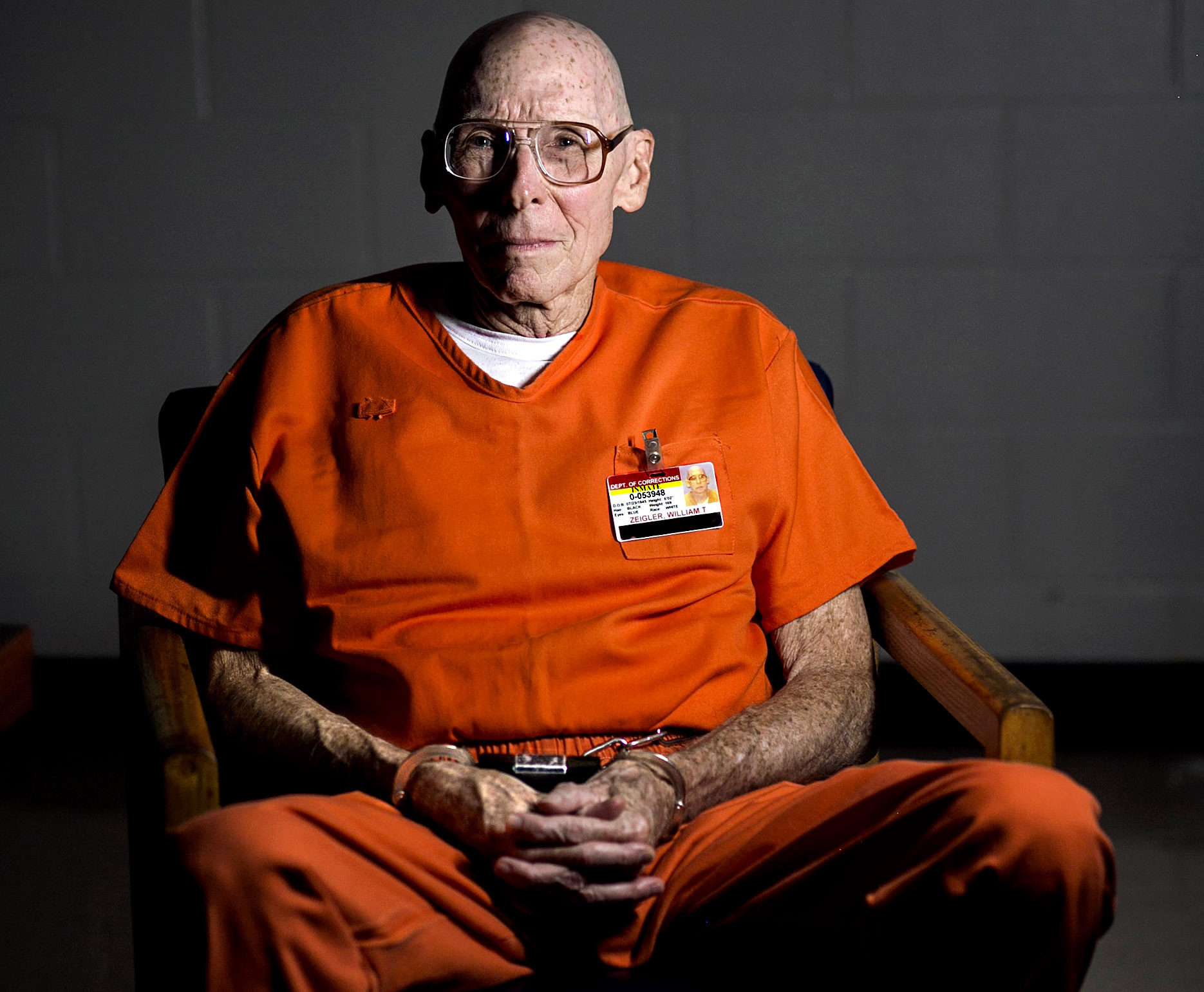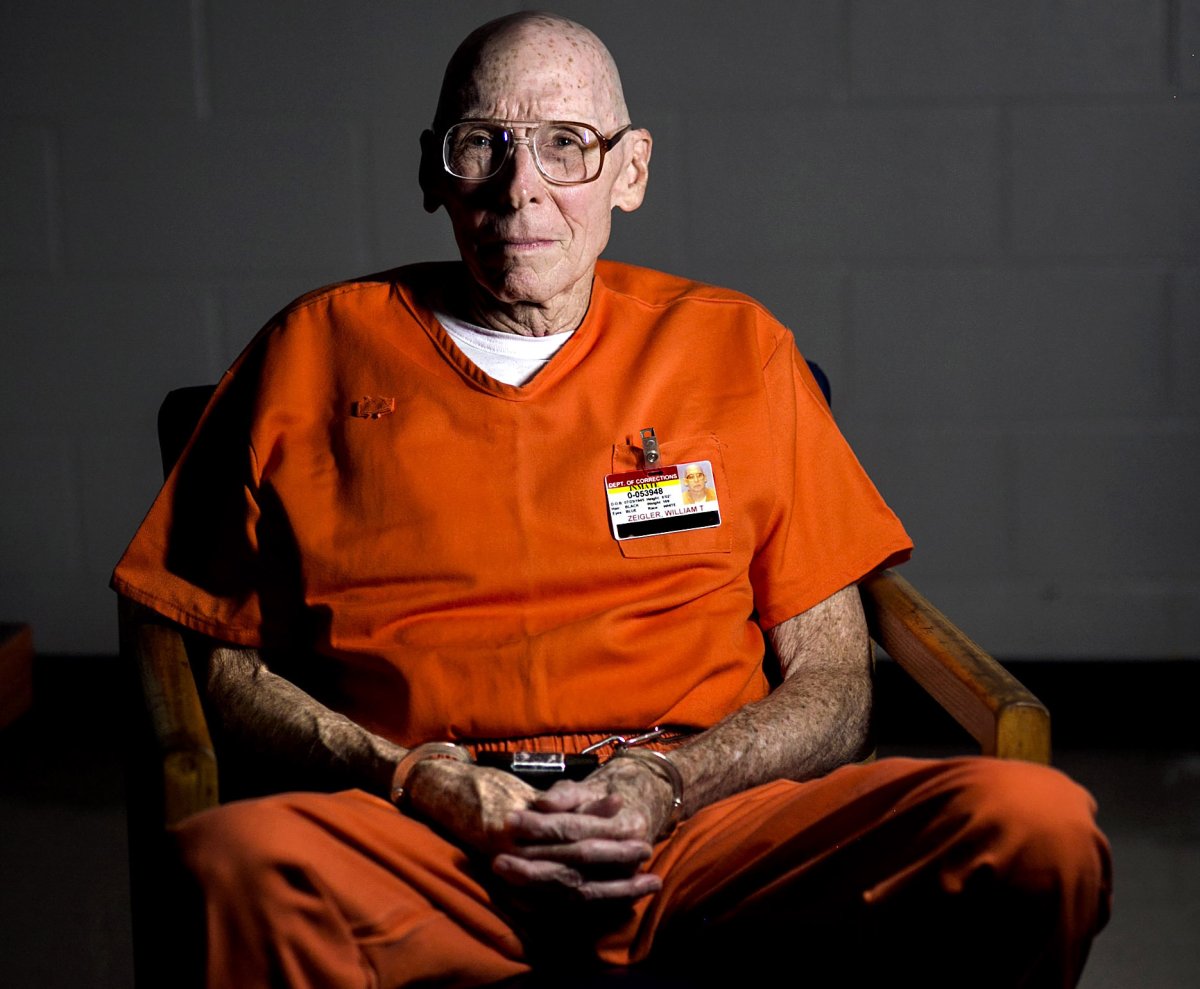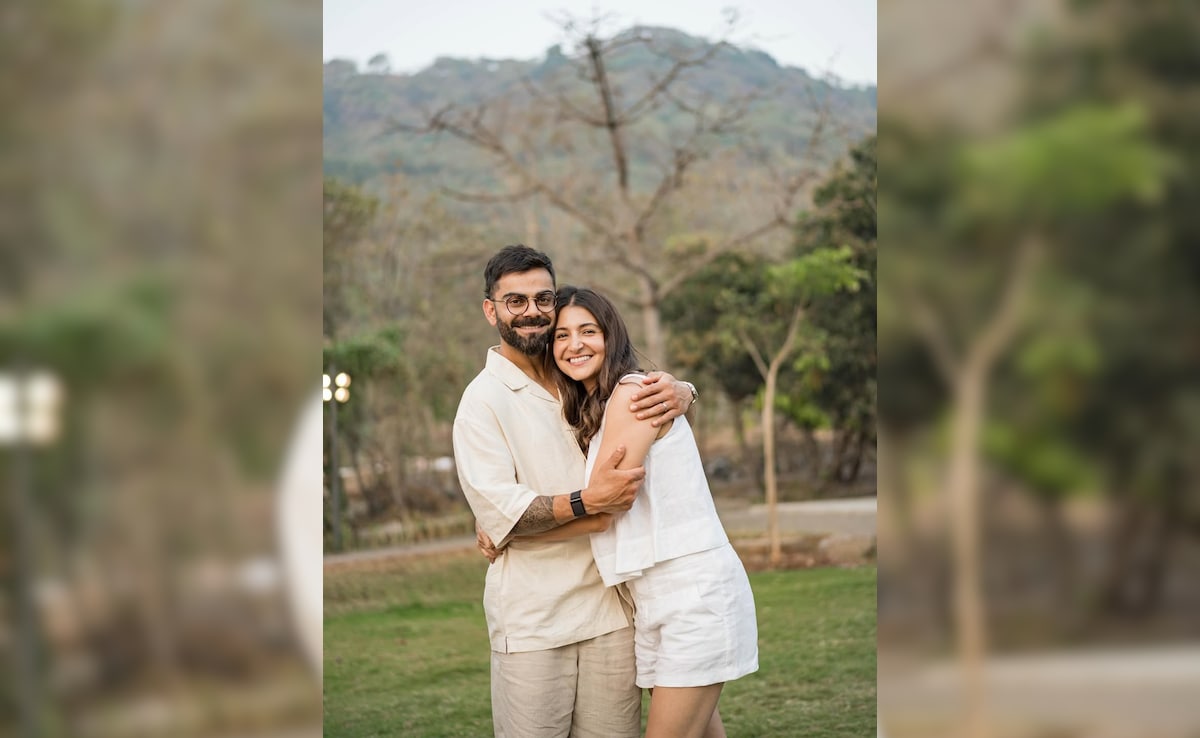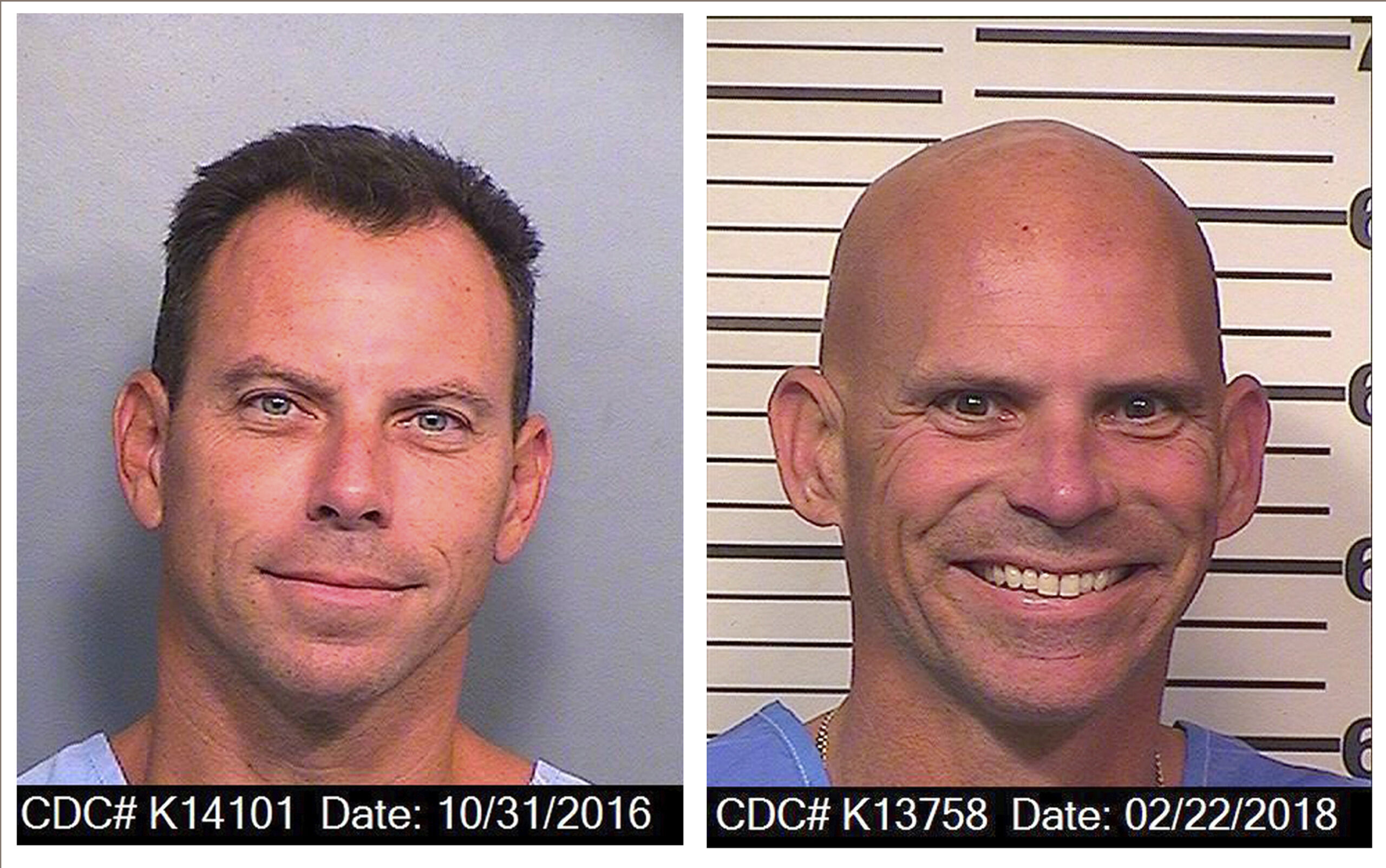
Lawyers for a man on death row in Florida say DNA evidence shows he could not have carried out the 1975 murders of his wife and in-laws.
Tommy Ziegler was convicted of the murders of his wife Eunice, her parents Perry and Virginia Edwards and another man, Charlie Mays.
Prosecutors said Zeigler, who is white, lured three Black men—including Mays— to his family’s furniture store in Winter Garden on December 24, 1975, after the murders in order to frame them. They contended he had staged the killings as a robbery, and shot himself to make it appear he was a victim too, to collect his wife’s life insurance policy.
But his lawyers said in a new motion, first reported by WESH, that DNA analysis indicates that Mays was among the killers and supports Ziegler’s story that he had walked in on a burglary at the store.
Attorneys for Zeigler have been contacted for comment via email.

Cherie Diez/Tampa Bay Times via AP
Why It Matters
Zeigler, who will turn 80 later this year, has been on death row for almost five decades. He has twice been scheduled to die, but the execution was halted both times.
For many decades, he sought to get the evidence in the case tested for DNA, but prosecutors and judges refused to allow the tests six times, according to the Tampa Bay Times. After Monique Worrell became the state attorney for the Orlando area in 2021, she agreed to the testing that Ziegler’s lawyers said would prove his innocence.
What To Know
Zeigler told police and a jury that he and his handyman had pulled up to the back of the furniture store to deliver some Christmas presents. He said that as he walked into the showroom, he was hit over the head and beaten by two men.
He said his glasses were knocked off, but that he managed to find and fire one of the guns he kept in the store for protection.
He told the first officer to respond to the scene that he was shot by Mays, who owed the store money. Police found his wife and in-laws dead in different parts of the store.
Zeigler’s attorneys wrote in the motion filed on Friday that DNA results are “wholly inconsistent” with Zeigler’s guilt. “The DNA test results are clear: Zeigler could not have possibly murdered Eunice, Perry or Virginia,” they wrote.
The DNA testing by Forensic Analytical Crime Lab, which was paid for by Ziegler’s appeals lawyers, found the blood on Zeigler’s corduroy shirt belonged to Mays, and Zeigler’s shirt, glasses, and pants had no blood from his wife or in-laws.
There were “substantial” quantities of Perry Edwards’ blood on Eunice Ziegler’s coat, pants, shoe, and sock.
That meant Perry Edwards was “bleeding profusely” as a result of his injuries, the filing said. “The fact that Perry’s blood appears in large quantities on the other victims but only as specks on Zeigler’s shows proves that Zeigler could not have shot Perry at close range in the head and body and beaten him for several minutes.
“The fact that Zeigler does not have any of his other family members’ blood on him similarly proves that Zeigler could not have skilled them either. As the State’s own DNA expert has acknowledged, it was not possible to commit the murder of Perry Edwards without transferring a large quantity of Perry’s blood onto his killer. The same is true for the rest of his family.”
On the other hand, Mays had evidence all over his body that suggested he was among the perpetrators, Zeigler’s lawyers said.
Limited testing in 2002 had shown that the upper calf and lower thigh of May’s pants were “saturated with Perry’s blood,” the filing said. “This blood could not have traveled from Perry’s body to Mays’ body on the ground. The two were separated by a considerable distance as well as a topped roll of carpet, and further, no steam of blood between the two victims was present.”
Zeigler’s lawyers also argued in the filing that the case was rife with prosecutorial misconduct, including “the suppression of key evidence, improper witness coaching, and the drugging of a holdout juror with Valium, following which that juror changed her vote from not guilty to guilty.”
What People Are Saying
David Michaeli, one of Zeigler’s attorneys, told the Tampa Bay Times: “There is reasonable doubt in spades in this case and we don’t convict people, let alone execute them, when we’re not absolutely sure they’re guilty.”
Zeigler told the newspaper that his final goal in life is to clear his name. He said: “We just have to wait and see if a judge will stand up after 48 years and say, ‘we screwed up.'”
What’s Next
Zeigler’s lawyers say the DNA analysis provides enough reasonable doubt to overturn his convictions. If that happens, Ziegler would join the list of 30 wrongfully convicted men who have been freed from death row in Florida.
The state has not yet filed a response to the motion and a hearing to review the evidence has not been set.





